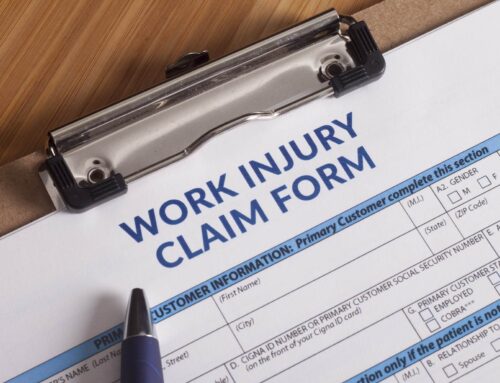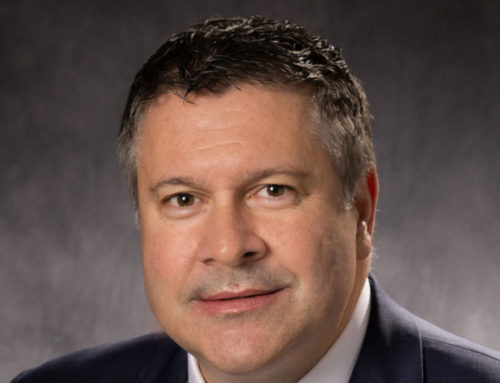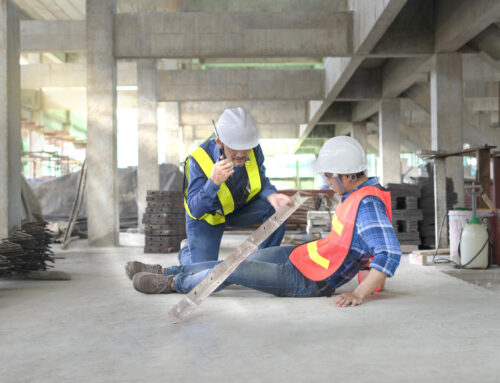Being a nurse is the type of job that requires a certain personality. It requires someone to be caring and have sense of wanting to help others and yet at the same time a personality that requires giving a good kick in the (you know what) at times to help a patient heal. It is a thankless job which in New Jersey seems to be getting more difficult to perform. A recent article in NJBIZ stated that a survey of nurses in New Jersey indicates that nurses are struggling with chronic understaffing in the hospitals and health care workplaces, as well as with delays in patient care. The survey of approximately 1,000 registered nurses from the largest nurses’ union in the state revealed about 44 percent saying they have been unable to provide proper patient care due to low staffing at some point; and 43 percent said staffing has gotten worse over the past few years.
The nurses also reported increased stress and concern over those staffing shortages, as well as over job and retirement security and workplace safety amid hospital consolidations, mergers and sales to for-profit hospitals, according to the survey commissioned by Health Professionals and Allied Employees (HPAE).
The president of HPAE, Ann Twomey, was quoted by saying “Nurses are continuing to put care first, amidst huge upheavals in the health care industry — including hospital mergers and sales to for-profits — that add to the daily pressure of providing quality patient care in understaffed settings. They need real relief — their No. 1 request is not more money, but more RNs to help provide quality patient care.” The lack of staff and help leads to nurses sustaining injuries as a result of having to lift or manipulate patients or perform tasks that might otherwise be performed by HSA’s or other medical assistants. These injuries lead to work accidents which then thrust them into the position of having to accept medical care rather than disburse it. Althrough the injured nurse would be entitled to receive medical treatment, paid for by the workers compensation carrier, and temporary disability if they she/he were out of work (70% of their gross weekly pay) and an award for their injuries, they could possibly be avoided if heed were paid to what the survey is saying. As David Knowlton, chief executive of the New Jersey Health Care Quality Institute, said the survey “shows that the need is great for nurse leaders and patient safety experts to come together to develop common sense rules for staffing and overtime that will help nurses and ultimately help patients.”
If you have any questions regarding this or other work-related issues, contact us through our website or call us at 609-771-8611.





